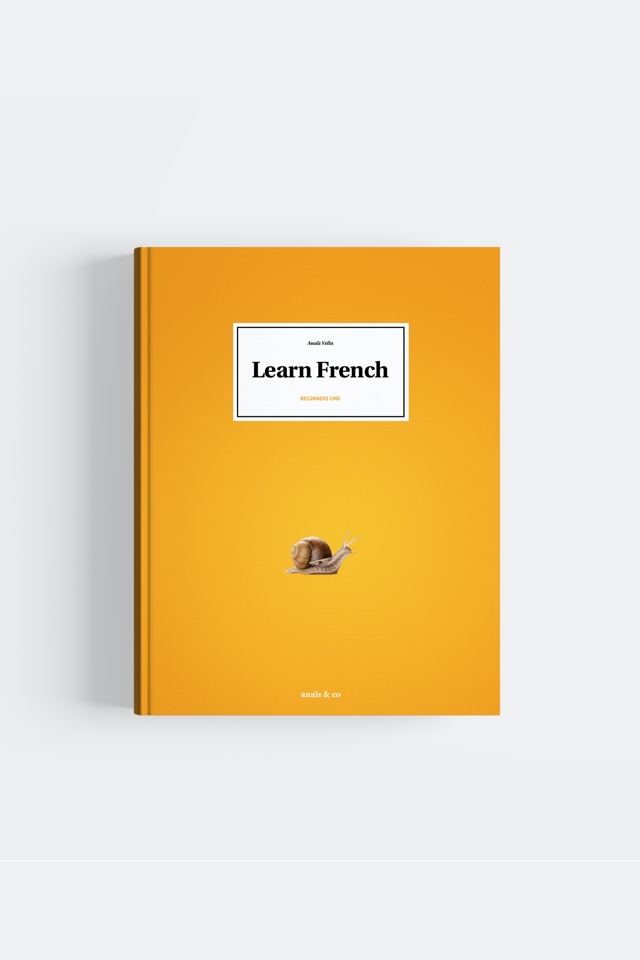

| French | English |
|---|---|
| Acheter | To buy |
| Aimer | To love |
| Ajouter | To add |
| Annuler | To cancel |
| Appeler | To call |
| Arrêter | To stop |
| Arriver | To arrive |
| Avancer | To move forward |
| Changer | To change |
| Chanter | To sing |
| Chercher | To search for/to look for |
| Commencer (à) | To start (to) /to begin (to) |
| Compter | To count |
| Crier (sur) | To scream (at)/to shout (at) |
| Acheter | To buy |
| Aimer | To love |
| Ajouter | To add |
| Annuler | To cancel |
| Appeler | To call |
| Arrêter | To stop |
| Arriver | To arrive |
| Avancer | To move forward |
| Changer | To change |
| Chanter | To sing |
| Chercher | To search for/to look for |
| Commencer (à) | To start (to)/to begin (to) |
| Compter | To count |
| Crier (sur) | To scream (at)/to shout (at) |
| Danser | To dance |
| Déjeuner | To have lunch |
| Demander (à) | To ask (to) |
| Dîner | To have dinner |
| Donner (à) | To give (to) |
| Écouter | To listen |
| Enlever | To remove/to take something off |
| Entrer | To get in/to enter |
| Envoyer (à) | To send (to) |
| Essayer (de) | To try (to)/to try on |
| Espérer (que) | To hope (that) |
| Expliquer (à) | To explain (to) |
| Garder | To keep/to look after |
| Habiter | To live |
| Jouer (à) (de) | To play |
| Laisser | To leave |
The following verbs have irregular spelling. The rules will be seen later in this book. “Envoyer,” “nettoyer,” “espérer,” “acheter,” “payer,” “appeler,” “rappeler,” “enlever,” “manger,” “nager,” “changer,” “avancer,” “commencer,” and “essayer”.
“Jouer” can be followed by “à” + sports and activities or by “de” + musical instruments. Don’t forget to contract “à” and “de” with the article coming after, when necessary.
For example:
Elle joue du piano →
She plays the piano. (de + le = du.)
Il joue au foot → He plays football. (à + le = au.)
“Habiter” can be followed by several prepositions. “À” with cities, “au” with masculine countries, “en” with feminine countries and “aux” with plural countries. But there are exceptions.
For example:
J’habite à Paris → I live in Paris.
Il habite en Frnace → He lives in France
“Souhaiter” and “espérer” are usually followed by an infinitive verb.
For example:
Je souhaite aller à Paris → I wish to go to Paris.
“Laisser” has lots of different English meanings, but in French, it can’t always be used. For example, it does not mean “to leave” as in “to go”. “Laisser” will have the meaning of “to leave” in the sense of “to leave alone,” “to leave something somewhere,” or “to not touch.”
“Demander” cannot be used to mean “to ask a question” as we have a special verb for that: “poser”.
For example:
Je demande à la dame → I ask the lady.
Je pose la question à la dame →
I ask the question to the lady.
“Déjeuner” means “to have lunch”, however in some French speaking countries it means “to have breakfast”. In France, to say “to have breakfast”, we use “prendre le petit-déjeuner”.

More in the books
Werther you are learning by yourself, with Anais and Co or if you are a FLE teacher find this lesson and many more in a beautiful book.